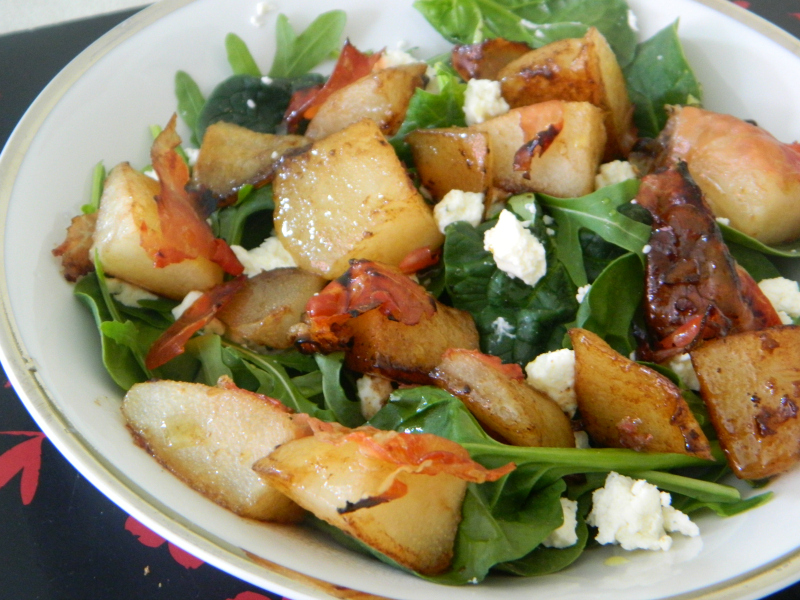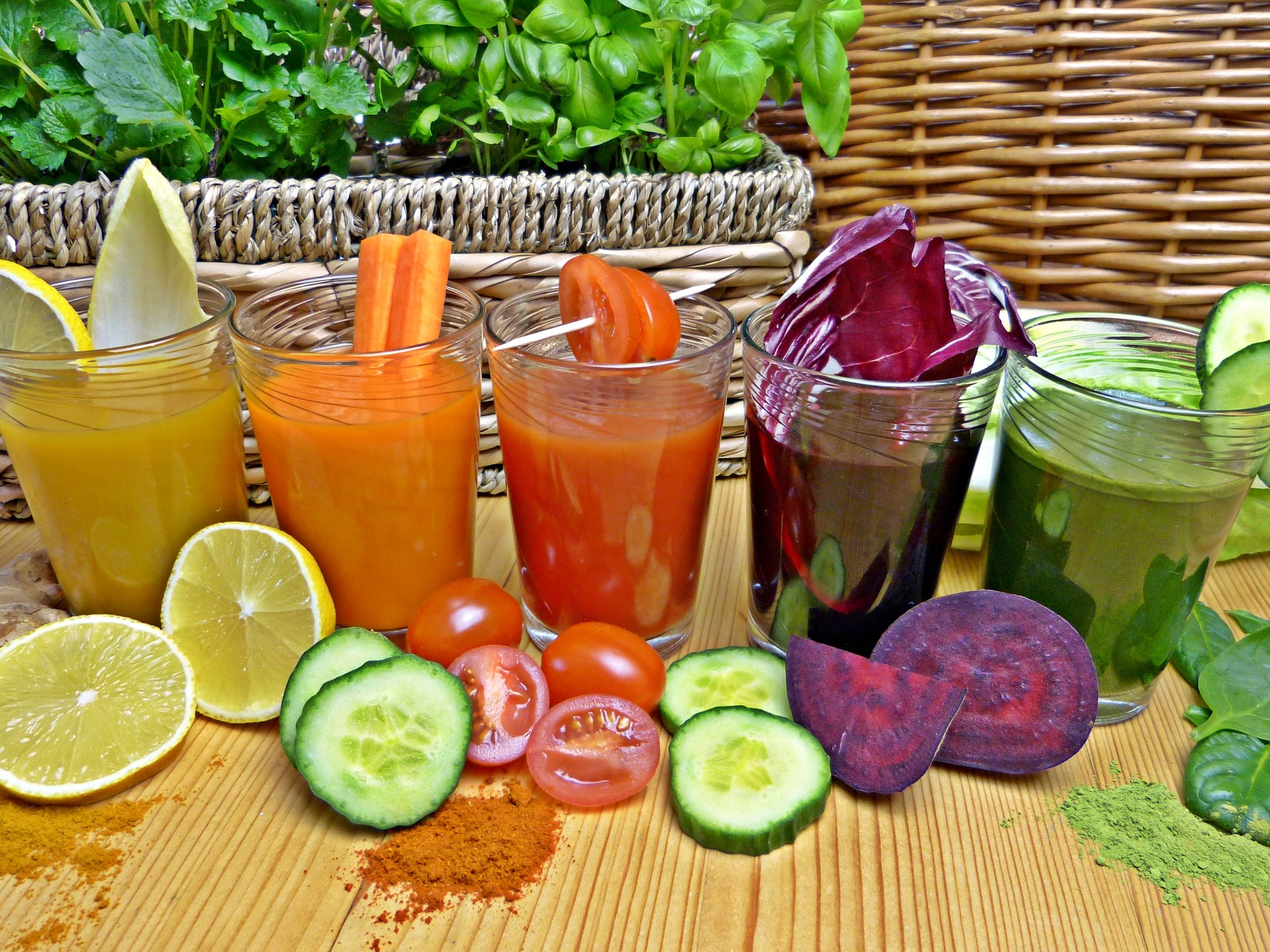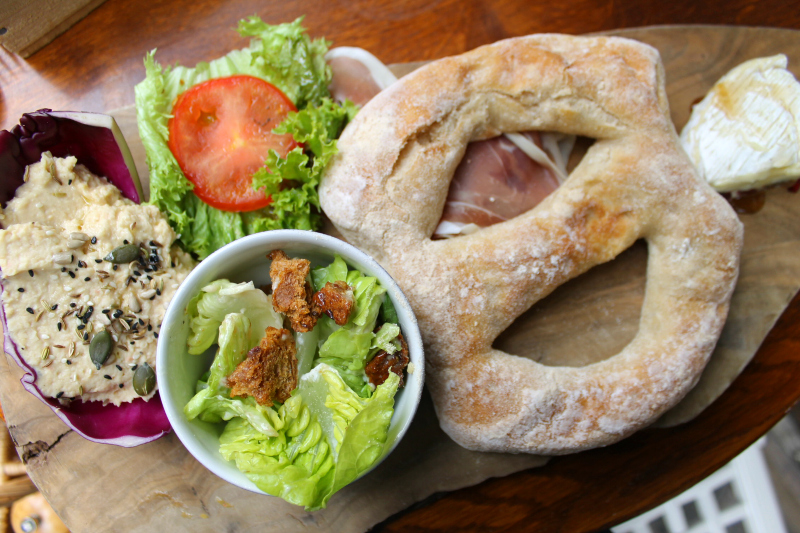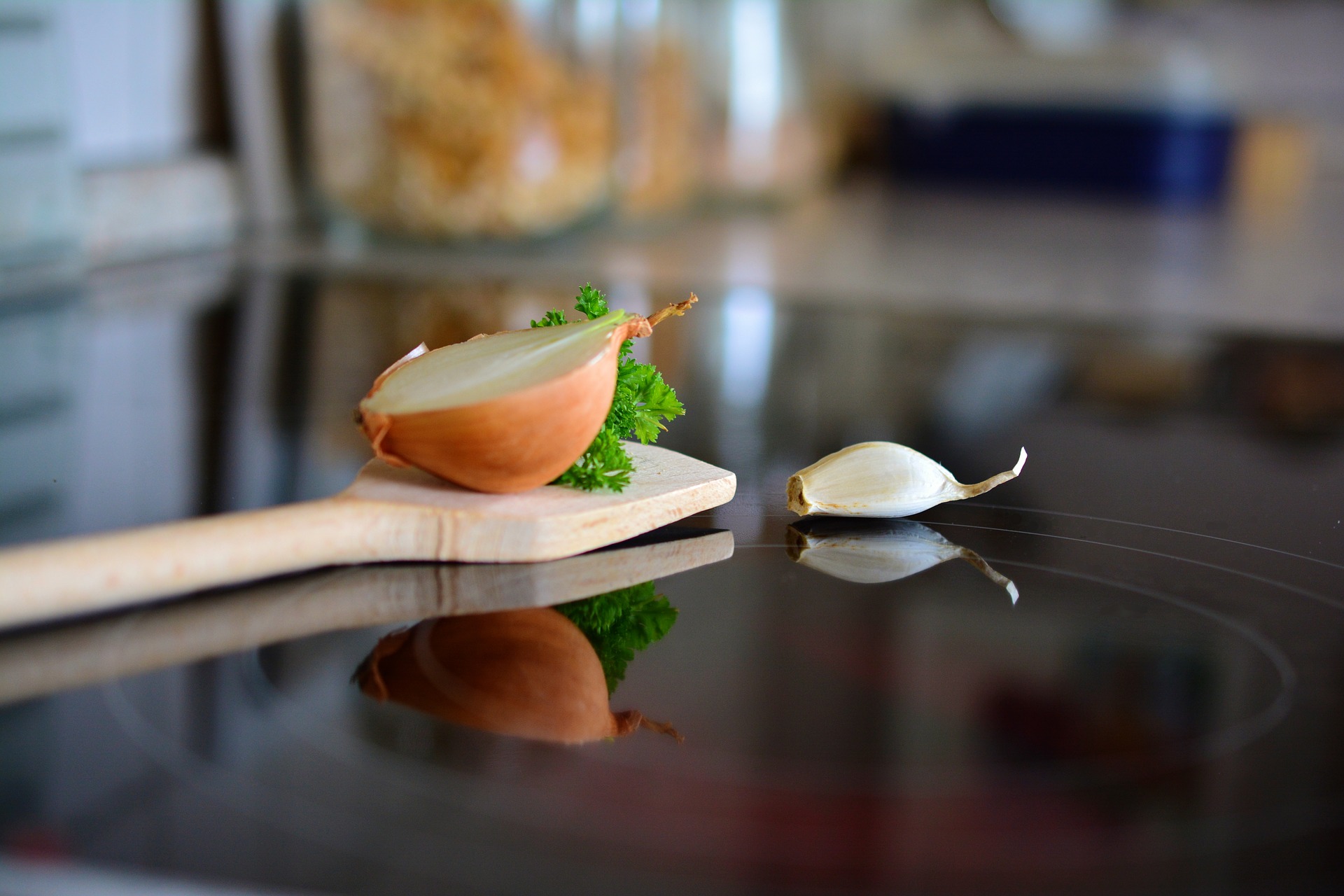
2018 Diet Trends*

Did you know that back in 2015 58% of women and 68% of men in the UK were overwight? That’s well over half the population. But what is equally as worrying is that two thirds of the public also say they’re on a diet nearly all the time. With the start of a new year, weight loss and healthy eating are very common new year’s resolutions across the UK and according to The Telegraph, 33% of resolve to lose weight, and 32% want to eat more healthily. MaxiMuscle have been investigating what the biggest diet trends could be in 2018, and I have to admit I’ve seen a few of them in action already so starting with the one I know first hand;
5:2 Diet
This is the diet I used while I was trying to shift the baby weight all those years ago (I’m still trying, honest). With this you split your diet between eating at certain times and then fasting during other times. The 5:2 refers to five days of eating and two days of fasting. The NHS reports that some followers of the diet claim it can improve lifespan and brain function whilst protecting against particular health conditions such as dementia and Alzheimer’s disease. However, scientific evidence about the effectiveness of the diet is limited — but the NHS reports that there is some evidence to suggest the diet may lower the risk of certain obesity-related cancers, such as breast cancer.
With the 5:2 diet, fasting for just two days, rather than seven days a week, is achievable. This way you could help reduce body fat and insulin resistance. However, be aware that fasting too much and skipping meals can cause dizziness and headaches. In the end I found the fasting days too much and prefer to just stick to a diet that’s the same every day. On the days I wasn’t fasting I’d just stuff my face while defeated the whole point of it. Definitely a diet of willpower!

The Paleo Diet
My sister spent the best part of January trying the Paleo Diet, which is also referred to as the caveman diet. The Paleo diet predominantly consists of foods that can be hunted such as meat and seafood, and foods that can be gathered such as plant-based foods. Basically anything our caveman ancestors could of had access to. Anything processed is off the menu. Apparently this could be used as a long term eating plan rather than a diet, but my sister used it as a way to detox after Christmas. And it worked, she lost nearly a stone from cutting out all processed food. However as a mummy on the run she couldn’t live on a small portion of meet, veg, fruit and nuts, she couldn’t get the energy she needed. Not only does it help you lose weight, it has great benefits to those with diabetes.
Bulking
I have to be honest, I never considered this a diet, but after doing some research I can see how it works. Here is a bit of background;
Fitness enthusiasts tend to go through phases throughout the year where their diet changes. Terms such as cutting season, off season and bulking were recognised throughout the fitness industry. Bulking in particular, is a diet that requires an intake of excess calories to provide your body with additional energy and protein to build muscle. When in bulk season, someone is purposely providing their body with a calorie surplus.
A bulking diet will still consist of the three main macronutrients of carbohydrates, lean protein and essential fats, but the quantity is likely to be higher to ensure they consume enough calories. Protein shakes are often consumed before and/or after workouts too for additional calorie intake and a protein boost. They can also be taken as a snack or meal replacement in some cases.
The key to bulking is keeping count of your calorie intake. However, in an article by the Huffington Post, it was revealed that 33% of women don’t know how many calories they consume on a daily basis, whilst 42% of men said the same. Bulking requires commitment and careful calorie counting, alongside a strict workout routine.
Vegan
I personally wouldn’t class vegan as a classical diet, more a life style change. I have the uttmost respect for vegans, it’s not something I could do after making myself really ill as a vegetarian back in my teens but it takes a lot of commitment. In 2016, the number of vegans living in the UK increased by 360% when compared to the previous ten years, and figures from 2017’s Veganuary campaign suggest that the increase is likely to have continued in 2017, and will continue into 2018. In January this year, over 60,000 people officially signed up to take part in Veganuary which showed a progressive 260% growth on figures from 2016. Whilst the campaign only lasts for the month of January each year, it aims to encourage people to alter their diets as a long-term lifestyle change and live by a predominantly plant-based diet.
The average vegan diet is said to be typically higher in fibre and vitamin C, whilst also lower in saturated fat, than a diet that containing meat. Along with animal rights, the health benefits are big motivators for those who want to adopt, or trial, a vegan diet during January.
Free-From Diets
This is the closest to my healthy eating change, the free-from diets. I am currently on my third week of low carbs and although I had carb flu to start with I’m not missing bread, pasta, rice.. It’s inspired by my sisters trial at paleo (see above) and the fact she’s gluten intolerant.
Free-from diets, which includes gluten-free and dairy-free, are becoming incredibly popular across the UK and on a global scale. Many people live by a gluten-free diet for health reasons such as my sister, because they suffer from Coeliac disease. The disease affects 1 in 100 people in the UK and Europe but it is suggested that only 24% of people with the condition have been clinically diagnosed. There is also 65% of the UK public who have a reduced ability to digest lactose. But it is not just sufferers who live a free-from diet. In the first month of 2017 alone, 54% of households also bought ‘free-from’ products, too.
A gluten-free diet has been shown to benefit sufferers of Irritable Bowel Syndrome (IBS) as well as Coeliac sufferers — and a dairy-free diet can prevent bloating, clear skin, improve digestion, and prevent oxidative stress, to name just a few benefits. Weight loss is also a possibility with a transition towards a dairy-free diet.
Temporary fix or lifestyle change?
For many people, commitment to a diet is an attempt to try and lose weight. When they reach that weight, they often revert back to their old ways — it becomes a temporary fix, before they move on to a new diet trend, revert back to old habits or simply give up. This has always been my problem. I love food that isn’t good for me too much and I struggle to have it in moderation. I do feel like low carbs is the one for me though. So find something that works, that you enjoy and stick with it to ensure you maintain a healthy balance.




